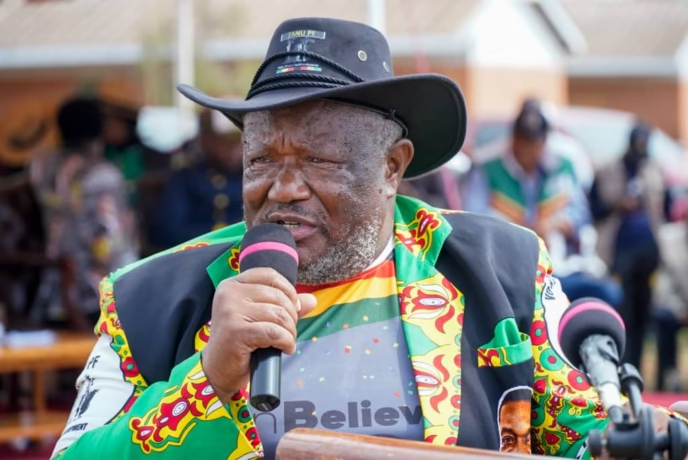
President Emmerson Mnangagwa’s recent commissioning of an academic study into the impact of colonialism by the Zimbabwe National Elders Forum (ZNEF) has reignited a critical global conversation. This bold move underscores Zimbabwe’s commitment to addressing historical injustices while fostering dialogue on reparations and reconciliation.
Comprised of distinguished academics, including the Vice Chancellors of the University of Zimbabwe and Bindura University of Science Education, the ZNEF seeks to examine the far-reaching consequences of colonial exploitation. By engaging in this reflective process, Zimbabwe is paving the way for reparative justice and challenging the world to confront the legacy of colonialism honestly and constructively.
Relations between Harare and London have seen remarkable progress, marked by efforts toward Zimbabwe’s re-admission to the Commonwealth under the New Dispensation’s “Engagement, Re-Engagement, and Re-Affirmation” foreign policy. Yet, the scars of colonialism remain, demanding acknowledgment and restitution. Zimbabwe’s gesture of reconciliation, initiated by the late former President Robert Mugabe in the early 1980s, set a precedent for magnanimity. Despite the lack of an apology from Britain and its failure to honor commitments made during the Lancaster House Conference, Zimbabwe has shouldered the financial burden of compensating for improvements on repossessed land.
President Mnangagwa’s call for reparations is grounded in examples from other former colonies. He referenced apologies by the United Kingdom to the Mau Mau of Kenya and by Germany to the Herero, Nama, and Mbanderu people of Namibia. These actions illustrate that acknowledgment of past atrocities is not only possible but necessary. Zimbabwe’s appeal is not a demand for vengeance but an invitation to build stronger, more equitable relations rooted in justice and mutual respect.
As Zimbabwe leads this critical discourse, it sends a powerful message to the global community. An apology from Britain for the exploitation and suffering inflicted during the colonial era would be a significant step toward healing. Reparations, whether financial or structural, would go further in addressing the socio-economic disparities that persist as a result of colonial exploitation.
By initiating this conversation, Zimbabwe reaffirms its commitment to reconciliation, justice, and global equity. The country’s resilience and capacity for forgiveness stand as a testament to the spirit of its people, even as it calls on former colonial powers to meet this moment with integrity and action.




